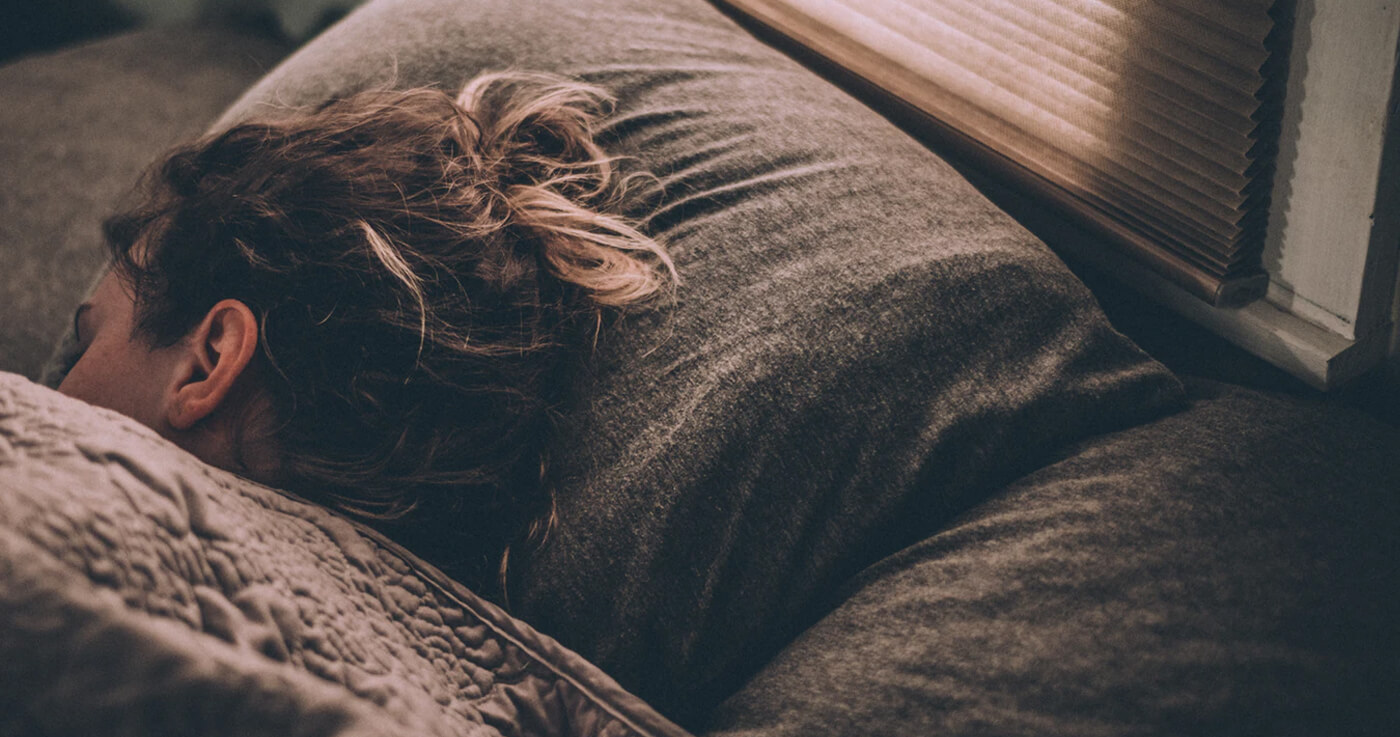What Does Healthy Sleep Look Like?
7th Nov 2023

We're always trying to deepen our understanding of what good quality sleep really is. With that in mind, we decided to delve into the question: what does healthy sleep look like?
What constitutes ‘a good night’s sleep’?
Sleeping patterns can vary drastically from person to person. For most of us, when the sun goes down is when we begin to feel bedtime approaching. This is in line with the body’s natural circadian rhythm. Many people, however, depending on circumstances or culture, find that this rhythm is disrupted – for example, shift workers or biphasic sleepers. Regardless of when in the day you need to get your sleep, one thing seems certain – it needs to be as consistent as possible day-to-day.
The average adult needs between 7-9 hours of sleep in a 24-hour period. You should also be able to fall asleep within 20 minutes of going to bed and be able to stay asleep rather than restlessly waking up for extended periods of time. Many of us can wake up feeling groggy and unprepared to start the day, but a sign of good quality sleep is to wake up feeling alert and refreshed. If you feel you consistently aren’t getting the best night’s sleep, it might be time to follow the tips below.
How to improve sleep quality
There are several pieces of advice that most of us have heard a hundred times before: don’t use your electronics before bed, avoid big meals, alcohol, caffeine, and cigarettes, have a nice relaxing bath beforehand and do plenty of yoga… whilst these are all (begrudgingly?) good tips, one vital concept is your sleeping environment.
Reimagining your bedroom as a sleep sanctuary – rather than the kids’ playroom, your manic getting-ready-for-work space, or your bright-light devices’ domain – a place where you feel at peace and ready to relax.
If you struggle to sleep well, it may be that your everyday stresses are overflowing into the space that should be reserved for peace and quiet. Indulging in sumptuous bedding, or a brand-new luxury bed, is a great way to begin creating your perfect sleep environment.
One important aspect of your sleep environment should be temperature. Having a temperature of 16-18 degrees Celsius is optimum for comfortable and restful sleep. Investing in a cooling, hybrid mattress, thermoregulating bedding, and 100% cotton pyjamas are all excellent steps to take towards achieving this perfect climate.
Ensuring that your bed is a welcoming retreat is crucial to having a great night’s sleep. Your mattress needs to offer the right level of support and comfort level for you – because no one person sleeps in the same way. Since issues like back and joint pain can be very detrimental to having uninterrupted sleep, having a mattress that provides a soft, medium, or firm amount of support for your body is the key to sleeping restfully and satisfying your circadian rhythm.
As the important message of Sleep Awareness Week tells us, having a peaceful sleeping environment is the key to a restful night’s sleep. In turn, consistently good quality sleep is crucial for alertness and concentration throughout the day. Take care of your sleep environment and your sleep environment will take care of you.



